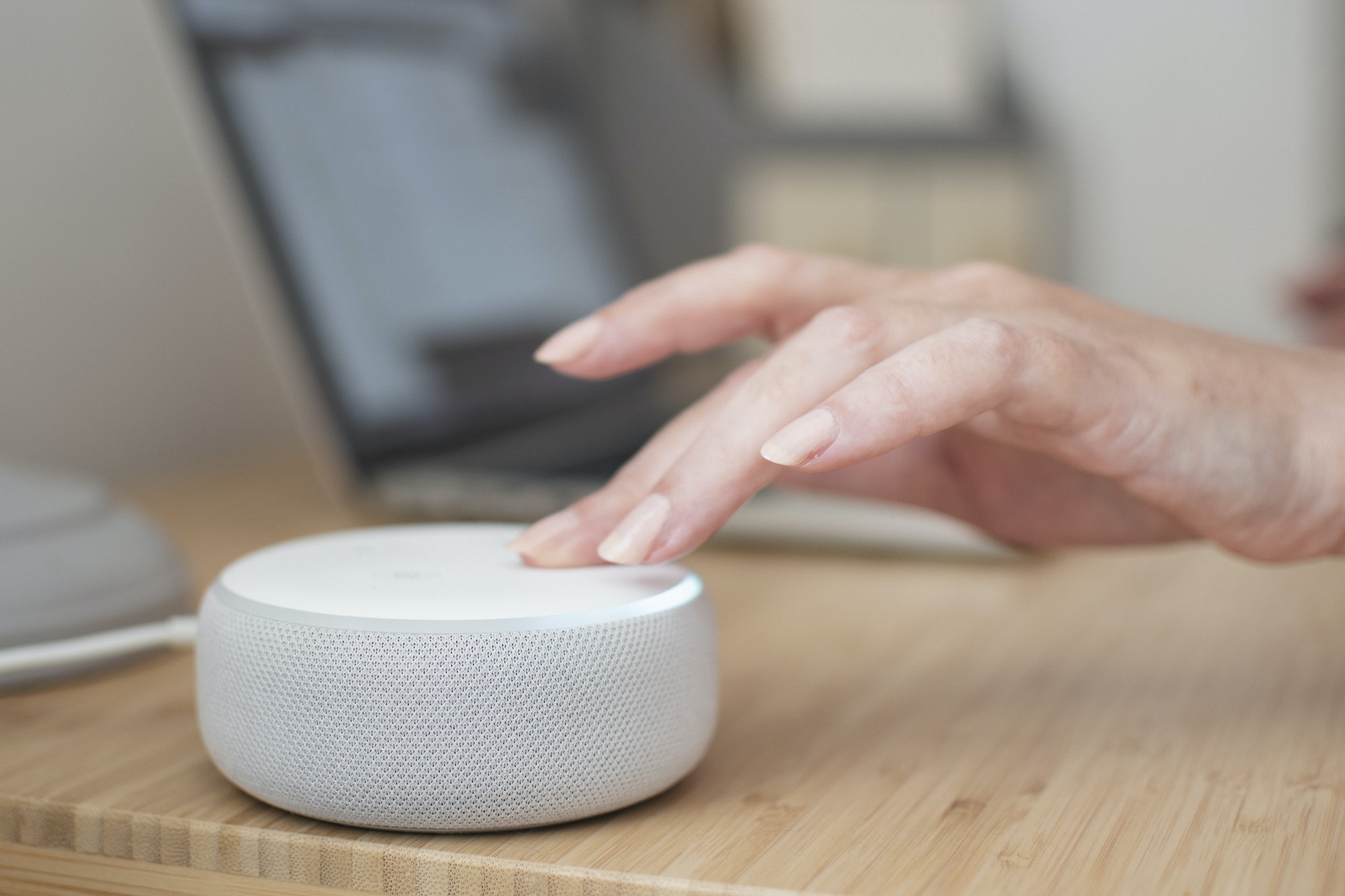
Facebook & Its Security Flaws And Monitoring
As a result of Facebook’s security flaws, any page that you have liked will then be able to monitor your activity. If this page also has an app associated with it, Facebook could give the app your password for the page in question.
Now if you are connected to other pages which have apps, this could lead to having your entire profile hacked. When companies create Apps associated with their company they need something called OAuth tokens in order to make anything possible.
The OAuth token works similarly to your login information and can be used to access things on your behalf without ever giving away any personal information.
This is what led to Zuckerberg losing $3B dollars in 2014 after researchers discovered unauthorized data-collecting methods employed by third-party applications.
It’s important to always read what kind of access an app is requesting from you before even considering it. Here are a few apps that have big security holes as well as other ones worth mentioning.
For instance, there is a photo app called “Tag Suggestions” which puts people’s names on top of their pictures without them knowing about it. This lets Facebook track everything you do and everyone you meet “to provide better friend suggestions”.
And then there is The Weather Channel app who not only released private user data but actually stored passwords in plain text files in the public view.
To further understand this dilemma, take a look at these statistics according to research made by Pew in 2013 . It states that 73% of users never review the privacy settings of the applications they are using, while 23% have not even heard of them.
The same study also indicated that 62% of users don’t feel like there is always a clear understanding of what their privacy will be on Facebook, and only 37% think that their information is kept confidential by the company.
Another research done in 2014 surveyed 1,058 adults in the United States via an online questionnaire about privacy issues. According to the results, 78% agreed (or strongly agreed) with this statement: “Facebook makes it too hard for me to control my privacy”.
And according to the last 2013 financial earnings, Facebook has over 1 billion active monthly users, which can mean roughly 14 million active users who share data via apps daily.
So how does Facebook Monitor your activity?
First off, Facebook uses the following methods of monitoring your activity:
1. Cookies – Cookies are like tags or identifiers that are used by browsers to keep track of user’s actions on the Internet. When you visit a website it may ask for your permission to set one or many cookies on your computer (depending on the privacy settings). If you allow this, they will usually be stored in directories created within your web browser.
2 . Data Collectors – These typically include “widgets” and any other third-party applications that require user access.
3. Your activities – This means that Facebook monitors what others do or say about you online as well as what information is posted about yourself elsewhere online, such as text and photos uploaded to other non-Facebook websites.
Has Facebook been breached in the past?
In 2010, a breach of security occurred and more than six million Facebook accounts were compromised. This enabled third parties to post status updates using those users’ accounts without their permission.
In 2011, another breach took place where hackers were able to obtain the passwords of all 600 million+ Facebook users who registered by that time. The New York Times reported this as “one of the worst security lapses in years.”
Oath (also known as Yahoo) is one such company that has access to your information shared on Facebook platforms and apps via its large-scale data network which can be used to provide marketers with targeted advertisements.
Other examples include AggregateIQ, Quantcast, and Acxiom Corporation.
Is it possible for Facebook to spy on your activity, even when you are not signed into Facebook?
According to Facebook’s Data Policy, “we receive information about you from [our] affiliates or their service providers, who provide us with information based on the settings they have in place.” For example, if you use a location-based feature on Instagram or Facebook–the respective company will collect data about your location.
Furthermore, the Data Policy also states that “affiliates may share with us information used by their analytics and advertising platforms for measurement activities,” which means that companies like Oath (Yahoo) may share data collected from its advertisers and channel partners including but not limited to: age range, gender identity, and interests.
This ultimately signifies the fact that Facebook is collecting data on you.
It is also important to consider that Facebook uses artificial intelligence (AI) algorithms which are designed to flag, or “flag” certain posts for human review. This essentially means that the system will detect specific keywords and terms that are relevant to Facebook’s interests (“interests” includes your activity).
Keep in mind, the Data Policy states that “we use automated systems to analyze content, communications and other information we get from you and others.”
Just as an example of how effective Facebook’s AI technology is—in 2017 they were able indeed to detect a live-streamed video of a murder committed in Cleveland which was later used by police officials as evidence for their investigation.
The power of this technology undoubtedly poses certain ethical questions related to privacy concerns. However, a greater concern arises from the fact that Facebook does not have any officially published data regarding how exactly they monitor your activity, whether it is browsing history or published content itself.
So if their AI technology is so effective in monitoring you and your activity, why doesn’t Facebook reveal to us what keywords are being used to monitor our every move?
Why do we have no idea what type of information is being monitored by Facebook?
What other sources besides our activity on Facebook could be used by Facebook’s AI software to monitor our online activities? Who knows; the only thing we know for certain is that this policy is not effective.
So there you have it, the Data Policy isn’t protecting your privacy whatsoever. In fact, it is violating your privacy by monitoring everything you do and logging every word you type on Facebook Messenger.





